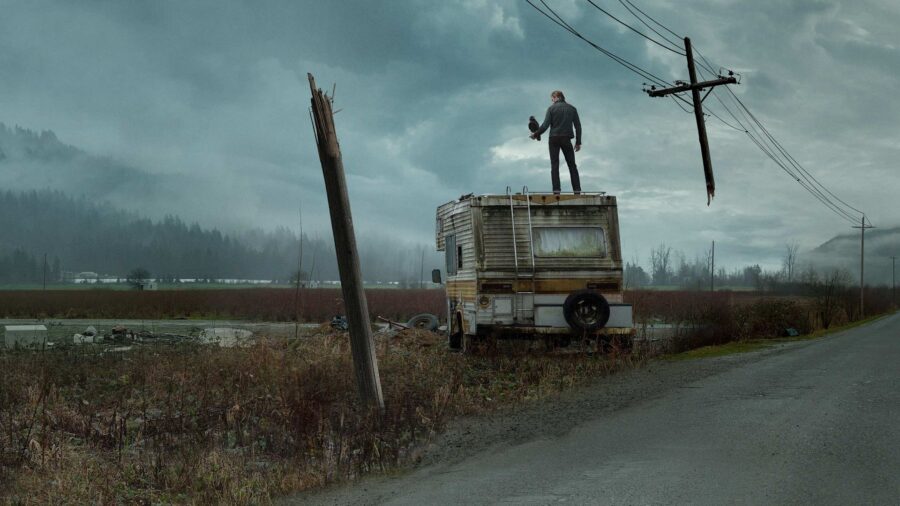By Drew Dietsch
| Published

Doug Liman is heading up a new feature film adaptation of Stephen King’s apocalyptic epic, The Stand. I wrote about why it’s the worst possible time to announce a movie version of The Stand, and in that piece I posited the excitement that would come from a movie version of another Stephen King novel, The Girl Who Loved Tom Gordon.
The more I’ve sat on it, the more passionate I’ve felt against Liman’s The Stand existing instead of The Girl Who Loved Tom Gordon.
Why I Love The Girl Who Loved Tom Gordon

King’s novel is a survival story about a preteen girl who gets lost in the woods during a family trip. It seems like it will be a fairly straightforward wilderness tale until that particular Stephen King horror finds its way into the mix.
I don’t want to give away all the goods for anyone who hasn’t read the book before, but our heroine is eventually confronted with supernatural beings that may or may not be figments of her young imagination. It’s these primal but personal representations of Good and Evil that tap into the best of King’s writing. They also allow for an even sharper look into the head of the novel’s main character.
For as much as King is renowned for being a horror master, one of his greatest strengths has always been in crafting rich interior worlds for his characters. The Girl Who Loved Tom Gordon allows him just the right canvas for that, and it’s one that could feasibly make for a striking translation to the screen.
The Movies We Almost Got

The Girl Who Loved Tom Gordon has been on the slate for film adaptation. Fellow horror icon and Stephen King friend/collaborator George A. Romero was developing a film before he passed away. The most exciting announcement came in 2020 when Lynne Ramsey was attached to direct.
Sadly, nothing else seems to have progressed since then, so I’m guessing that potential version is dead in the water. Still, this kind of talent being involved in adaptation attempts goes to show how valued the source material is and the artistic potential of a movie version.
Little Girl Lost vs. The End Of The World

Here’s where we come back around to The Stand. In case you didn’t read that other piece that I linked in the first paragraph, let me put it on the record that I love The Stand. It’s a phenomenal book and easily one of the essential pieces of King’s bibliography. I like the ‘90s miniseries well enough for what it is, but I couldn’t even finish that other miniseries everyone already forgot.
That all said, I won’t rehash my direct feelings from that other piece –– quick summary: make Stephen King adaptations that haven’t been adapted (or adapted well) yet –– but instead I want to argue for the kind of story The Girl Who Loved Tom Gordon is telling as opposed to The Stand.
We’ve been very inundated with apocalyptic epics in our pop culture. Sweet zombie Jesus, they are still making more The Walking Dead shows. I enjoy apocalyptic stories but unless there is something radically fresh to bring to the formula, they are starting to feel played out in the larger landscape of movies and television. I can’t see Doug Liman’s The Stand making a strong enough creative argument for existing in this landscape.
Instead, the resilient survival of a child in the face of natural (and supernatural) danger is a story that feels more valuable to adapt for the largest stage possible. It’s the kind of story that zeroes in on a single character and their fight to make it through a nightmare, as opposed to the ensemble epic nature of The Stand.
Movies vs. Miniseries

If The Stand is going to be adapted again, a movie does not seem like the best medium for that story. It’s too big to boil down to a single feature film or even two, but that is looking like the gameplan. Whereas The Girl Who Loved Tom Gordon shouldn’t be a miniseries. It’s just right to be made into a singular cinematic experience.
I hope a great movie will be made from The Girl Who Loved Tom Gordon in my lifetime. And I hope a fantastic miniseries will be made from The Stand. But that new movie in the works? Screw it.
